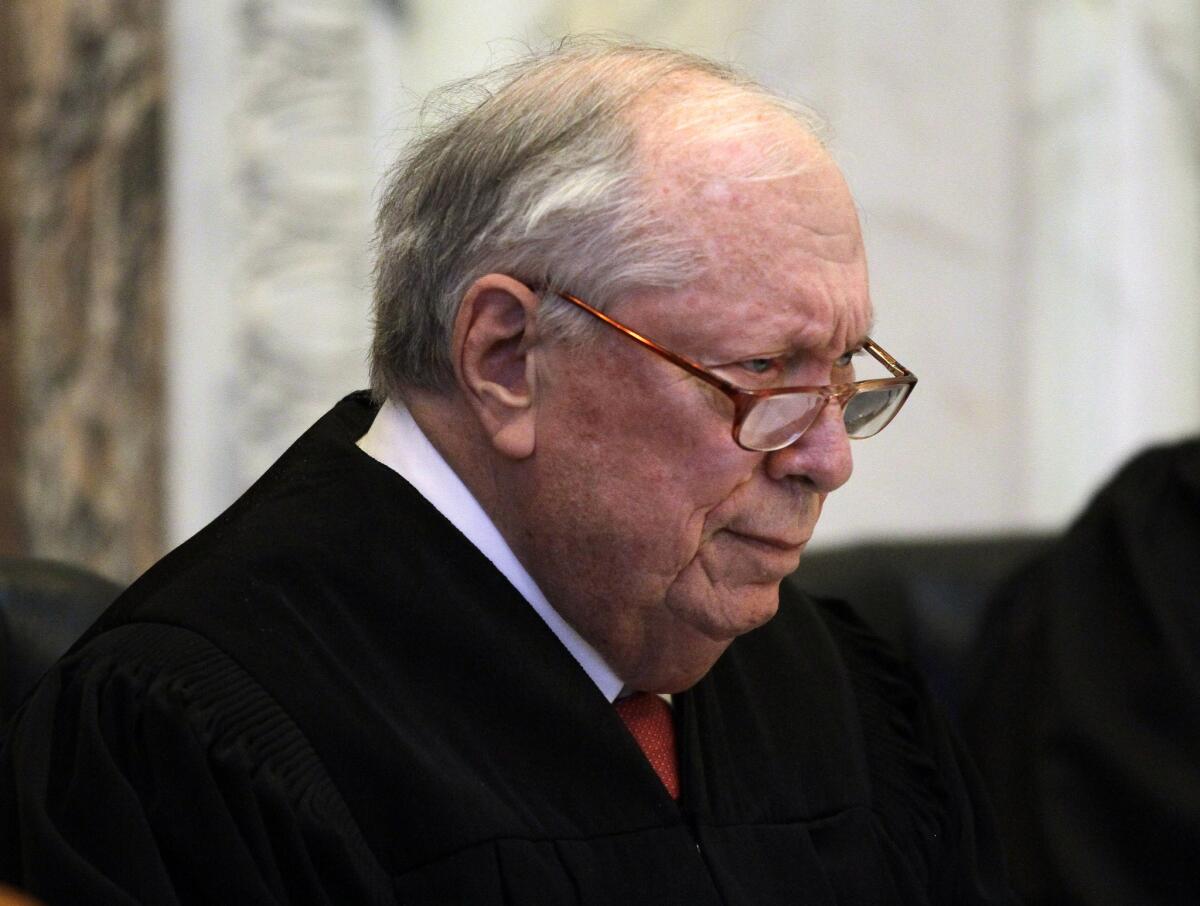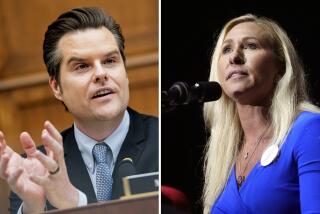Activists’ disruption of skid row tour was legal, court rules

A federal appeals court decided unanimously Tuesday that a California law that prohibits people from disrupting lawful meetings does not apply to political gatherings.
The decision by the U.S. 9th Circuit Court of Appeals was another victory for activists seeking to protect the rights of homeless people in Los Angeles, who had sued after being arrested or threatened with arrest.
The case stemmed from a lawsuit filed by a group calling itself CPR for Skid Row, which disrupted a business-sponsored walk through the neighborhood in July 2011, to publicize its squalor. Public officials joined the walk and others like it.
Two of the protesters were threatened with arrest and one was arrested and booked but not charged. The activists were banging on drums and shouting, according to the court.
The court said the protesters were protected under an exception to the state law for gatherings of electors in public meetings to consider public questions.
“The walks they have protested consist of public officials and members of the public who meet on public sidewalks to learn about the challenges in the Skid Row neighborhood,” Judge Richard R. Clifton wrote.
The amended political-meetings statute made it a misdemeanor to hinder or prevent such meetings by “threats, intimidations or unlawful violence,” but not to “disturb or break up” such meetings by nonviolent means,” according to the decision.
Judge Stephen Reinhardt said he would have gone further and overturned the California law for being unconstitutionally vague.
Tuesday’s ruling “will leave the citizens of California without clear guidance as to the exercise of their First Amendment rights to engage in public protests,” the court said.
“Californians are not adequately informed of how or in what manner they must comport themselves when engaged in protests regarding political gatherings (such as a political party’s national convention) or, critically, under what circumstances they face criminal punishment for engaging in such First Amendment activity,” Reinhardt wrote.
L.A. has lost a series of court decisions over challenges to enforcement actions against homeless people or their advocates, including a June 2014, ruling striking down its ban on living in a car or recreational vehicle.
“The LAPD violates the law and the city is spending a lot of money on it,” said Carol Sobel, a lawyer who represented the activists in the case. “What the city should be doing is put that money into a positive effort to address homelessness.”
She said she would ask a larger panel of the 9th Circuit to declare the state law unconstitutional.
Rob Wilcox, a spokesman for the L.A. city attorney’s office, said: “We are reviewing the decision and have no further comment at this time.”
Dolan reported from San Francisco, Holland from Los Angeles.
Twitter: @mauradolan and @geholland
More to Read
Start your day right
Sign up for Essential California for news, features and recommendations from the L.A. Times and beyond in your inbox six days a week.
You may occasionally receive promotional content from the Los Angeles Times.








